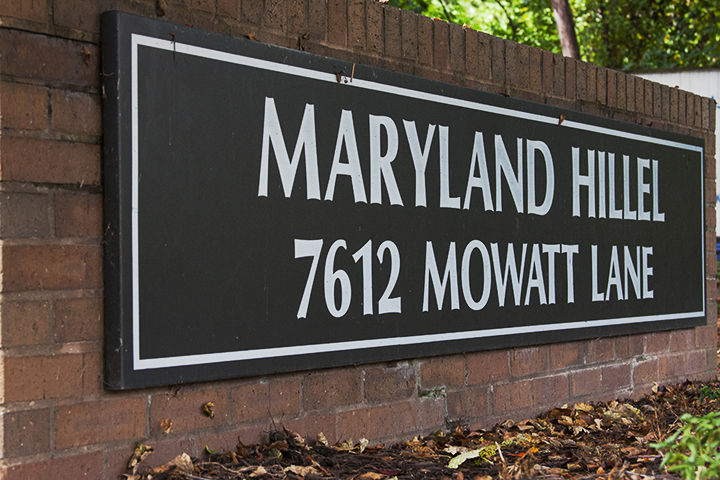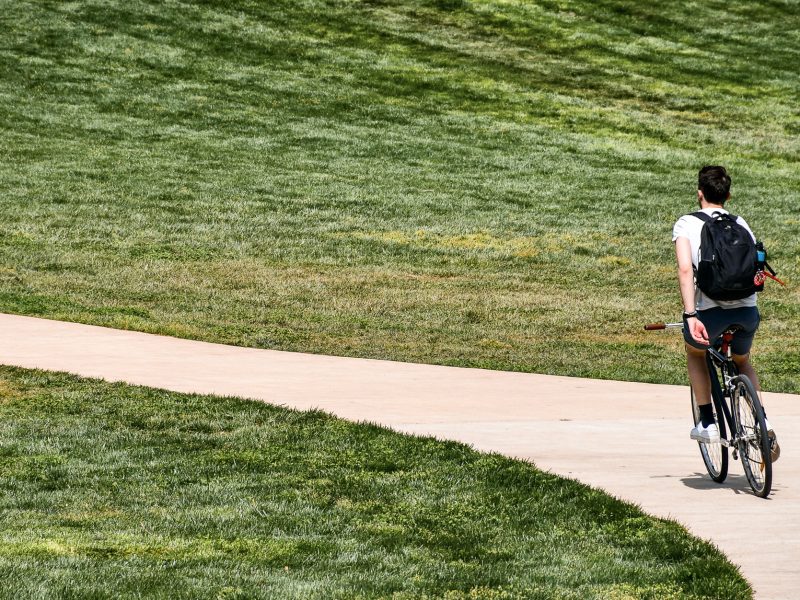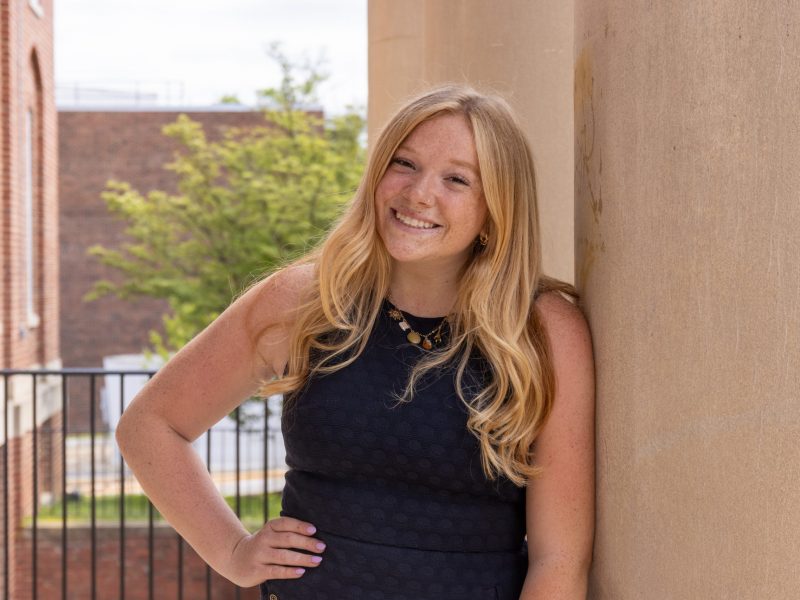By Ilana Williams
For The Diamondback
Rosh Hashanah, which marks the Jewish New Year, looked different for many Jewish students at the University of Maryland this year.
Finding ways to celebrate amid the COVID-19 pandemic posed challenges for many members of the Jewish community on the campus, forcing student groups and coordinators to find new ways to come together in a time when people are being forced apart.
Naomi Gohn, associate executive director of Hillel, a Jewish student center on the campus, said that creating ways to come together for the Jewish High Holidays this year was important, despite difficult circumstances.
“This is a really hard time for everyone,” Gohn said. “And any opportunity that we have to show that we’re here and to show that we are a community together — even if we’re a community apart — is valuable.”
Before the pandemic Hillel hosted weekly in-person services and funded Friday night Shabbat dinners — including for the High Holidays — at times accommodating hundreds of students.
But this year, adjustments had to be made.
[As water pooled into UMD’s Hillel Center, students braved last week’s storm to come help]
Students involved in Ruach, a reform Jewish group, are encouraged to attend virtual services and programs, said Abigail Landesman, a song leader and social justice chair of Ruach.
“We do services every other Friday online on Zoom,” Landesman said. “And then we also have a lot of different opportunities for people to get involved, even if they don’t connect to Judaism through prayer and services.”
Hillel’s conservative, traditional egalitarian student group, Ometz, has been hosting online events, said Ometz coordinator Hannah Freeman. However, connecting with other members of the Jewish community has still been difficult.
“It’s been really hard,” Freeman said. “We haven’t been able to have services like we usually do, and that was kind of like a shock to the system.”
Elaine Berger, a freshman Jewish studies major, said she found it challenging to motivate herself to participate in services and activities online.
“Being in-person is a really big part of Judaism for me,” Berger said. “The service is important for a lot of people.”
Berger also said she missed being home for the High Holidays this year.
[“I’m not surprised”: Jewish community responds to antisemitic hate crime arrest at UMD]
“I’ve been at the same synagogue my whole life,” Berger said. “So of course any change in college is going to feel strange, but especially right now, with everything being crazy. It’s definitely making me miss home a lot more.”
But members of the Jewish community have found ways to bring traditions that many celebrate at home to the campus.
Rabbi Eli Backman, a campus chaplain and the director of Chabad, a Jewish center, made chicken soup for students in some dorms, off-campus apartments and quarantined housing. Backman and his wife have been making soup for students for years, he said, but when COVID-19 began to affect students over the past two weeks, they started delivering soup nonstop.
“Hot, homemade chicken soup heals,” Backman said. “It just does.”
On Sunday, Backman and his family blew the Shofar, a ram’s horn sounded during the High Holidays, at about 30 places across the campus.
Usually, the Shofar is blown outside of dining halls, but with so many students in isolation, Backman said, they organized a new plan.
A number of Jewish students live in Denton Hall, which is currently under enhanced health precautions, Backman said. After reaching out to the university’s Department of Resident Life, Backman got permission to stand outside of the building and blow the Shofar, allowing residents inside to “hear Rosh Hashanah” through the windows.
“It brought them back to all their memories, and brought them back Rosh Hashanah,” Backman said. “That gave them that connection, which is what holidays mean so much.”



